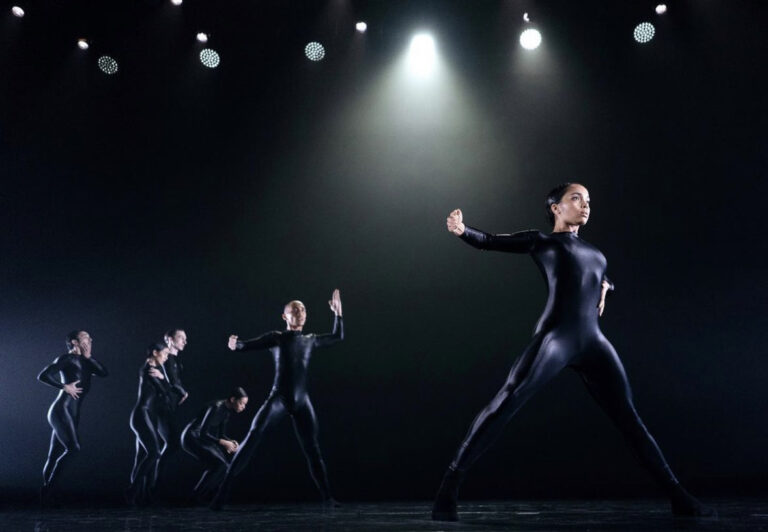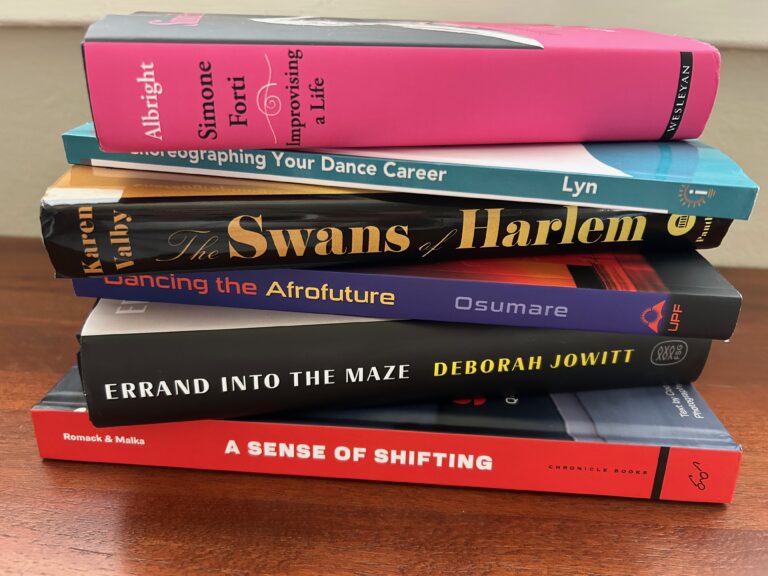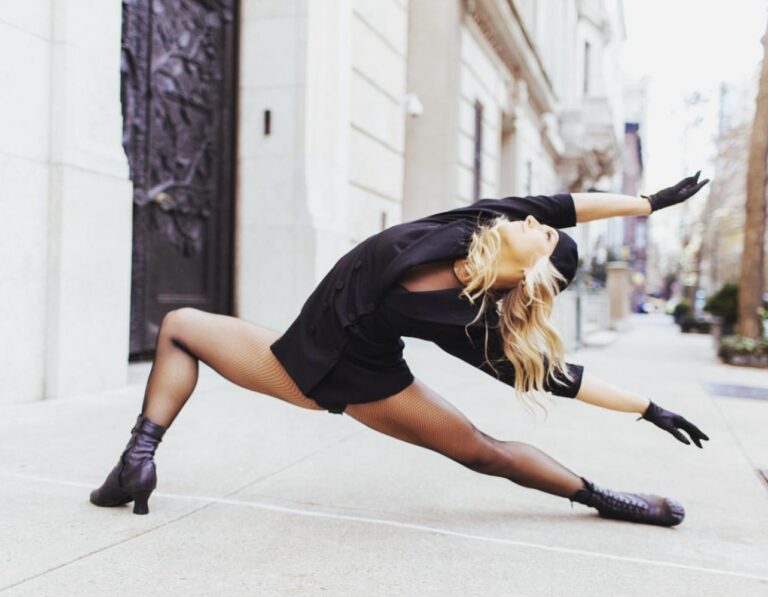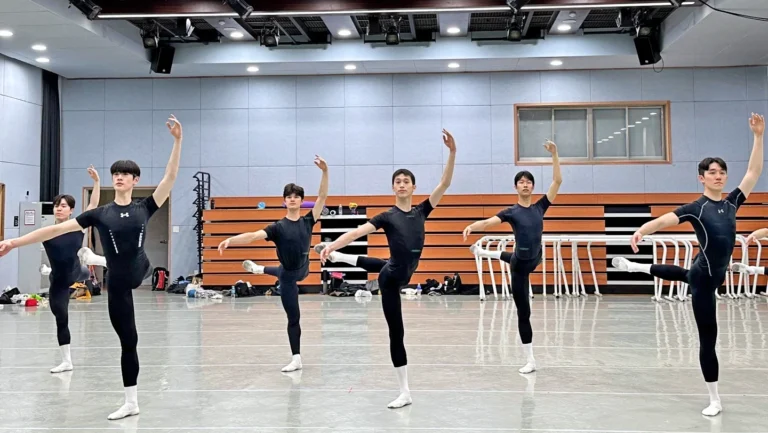Are you a sound sleeper or are your nocturnal habits more in line with those of a night owl? Adequate shut-eye is essential for teachers. Yet according to the American Academy of Sleep Medicine, 35 to 40 percent of Americans have problems falling asleep or experience daytime drowsiness. With this in mind, it’s surprising that we’re such a productive country. Could we perform even better? Definitely.
The long hours and stress typically associated with running a studio can get the best of anyone, but the effects are magnified when you skimp on sleep. Since a day will never have more than 24 hours, learning to manage your ZZZs is crucial. Read on to find out what sleep actually is, why it’s sacred and how to implement smart snoozing strategies.
The Need for Downtime
Sleep is a necessity, not a luxury, and without it your mental and physical systems cannot operate properly or productively. Although the body rests while you sleep, the brain alternates between active and calm states—also known as REM (rapid eye movement) and non-REM—cycling between the two for approximately 90 minutes at a time.
Initially, you enter non-REM sleep, which is composed of four stages, progressing from light to deep, restorative sleep. During this quality sleep, blood pressure drops, breathing slows, muscles relax, tissue grows, maintenance and repair occurs and hormones that control growth and appetite are released.
After you have completed the non-REM cycle, your body switches to the REM stage. This is the active phase during which you dream and the mind is engaged. The eyes move back and forth under the eyelids and the brain and body are energized. Between the two types of rest, which are both necessary to feel truly refreshed, your entire being becomes rested and reinvigorated.
Healthy Slumber
While doctors recommend seven to eight hours of sleep per night (depending on the individual), most people don’t get anywhere close to this amount. Aside from annoying symptoms like yawns, a fuzzy head and bleary eyes, sleep deprivation can impact your body on deeper physiological levels:
- Sleep for Your Belly.
Deep sleep is key to the release of hormones that play a role in hunger and appetite. A lack of rest can therefore cause you to overeat and crave foods high in fat and sugar. Sleep also reduces the levels of cortisol, a stress hormone that, in high amounts, can contribute to obesity and other chronic diseases.
- Sleep for Your Heart.
The quantity and quality of sleep can also affect cardiovascular health. Studies show that if either is insufficient, you may be setting yourself up for obesity, heart disease or diabetes. Add the stress of owning a studio, and the risk for these conditions increases.
- Sleep for Your Well-Being.
Without sufficient rest, the immune system is less able to knock out foreign invaders that come your way. This is a helpful tidbit to pass along to staff members. If they remain robust and healthy, you can spend less time searching for substitute teachers on sick days and more time boosting your business.
- Sleep for Your Sanity.
Concentration, creativity, productivity and patience are all top priorities for an innovative entrepreneur. If you are unenthusiastic, ineffective and edgy with students or staffers, your studio’s profits may follow a downward trend. You worked hard to get to where you are today; don’t let sleep deprivation interfere with your success.
Shut-Eye Strategies
Now that you know why sleep is essential, you may be wondering how to get some rest in a world that constantly operates at high speed. Here are a few hints.
- Be Consistent.
Hitting the sack and waking up around the same time each day will encourage regular sleep patterns that will leave you feeling refreshed and ready to go when the rooster crows.
- Get Comfortable.
Temperature extremes and bright lights aren’t helpful. Create the ultimate sleeping haven each night by setting up a cool, dark and quiet bedroom environment. If noise is a problem, try earplugs or a soothing sound machine that emits white noise.
- Feed Your Sleep.
Some foods, such as warm milk, are believed to induce sleep. Your best bet may be a light carbohydrate snack, such as crackers, toast or cereal with milk. They tend to boost the sleep-inducing hormone serotonin. A warm cup of decaffeinated chamomile tea may also help relax your nerves and bring on drowsiness.
- Go Easy on the Java.
Caffeine and work often go hand in hand. Having the occasional latté, tea, diet soda or Hershey bar for a pick-me-up during the day is fine. But as bedtime approaches, decrease or eliminate your consumption of these items. It can take four to six hours for the effects of caffeine to wear off, so plan accordingly.
- Call Off Cocktails.
Unlike caffeine, which keeps people awake and kicking, alcohol tends to induce sleepiness. Sounds good, right? Unfortunately, it’s not actually a sleep aid. That cocktail or glass of wine may help you nod off quickly, but it can also lead to wakefulness throughout the night. This prevents you from entering the restorative stages of REM.
- Stamp Out Cigarettes.
Nicotine is a major stimulant. Try kicking the habit so you can sleep longer quality hours. Your heart and lungs will thank you, too.
- Avoid the Burn.
Health experts believe that more than 50 million individuals suffer from nighttime heartburn at least once a week. Keep tabs on foods that may trigger indigestion, gas or heavy-hitting heartburn so they don’t interfere with your snooze time. Alcohol, coffee, chocolate and spicy, acidic and fatty foods are common culprits of that uncomfortable burning sensation.
- Make Time for Exercise.
Working out and sleep can be a tricky combo, but if you get it right, you’ll enter dreamland more easily. In general, aerobic activities get the helpful hormones going and stifle stress. But there’s a catch: You must work out three or more hours before bedtime. Exercise too late and your system will still be revved up, along with your body temperature. Both of these states can inhibit sleep, so schedule workouts to allow plenty of time to cool down. If you don’t have time to squeeze in a fitness routine after work, try incorporating some exercise during the day.
- Stay Away from Supplements.
Certain supplements and herbs, such as melatonin and valerian, have received quite a bit of attention for their alleged sleep-inducing effects. That doesn’t mean you should rush out to your local health food store and stock up on pills, however. Research is limited and dietary supplements are highly unregulated. To be safe, work toward unassisted shut-eye.
You Snooze, You Win
A few simple changes in your exercise, diet and sleeping routine can make a world of difference in your energy and focus. In turn, they will undoubtedly enhance your efficiency and enthusiasm both at the studio and at home. Facilitating healthier sleep might take a bit of time and effort, but with so many rewards to reap, it should be top priority for a smart, yet tired, teacher. DT
Karlyn Grimes, a registered dietician, holds a dual master’s degree in nutrition and exercise physiology from Boston University. She is also a faculty member in the nutrition and biology departments at Simmons College in Boston.
iStock image



